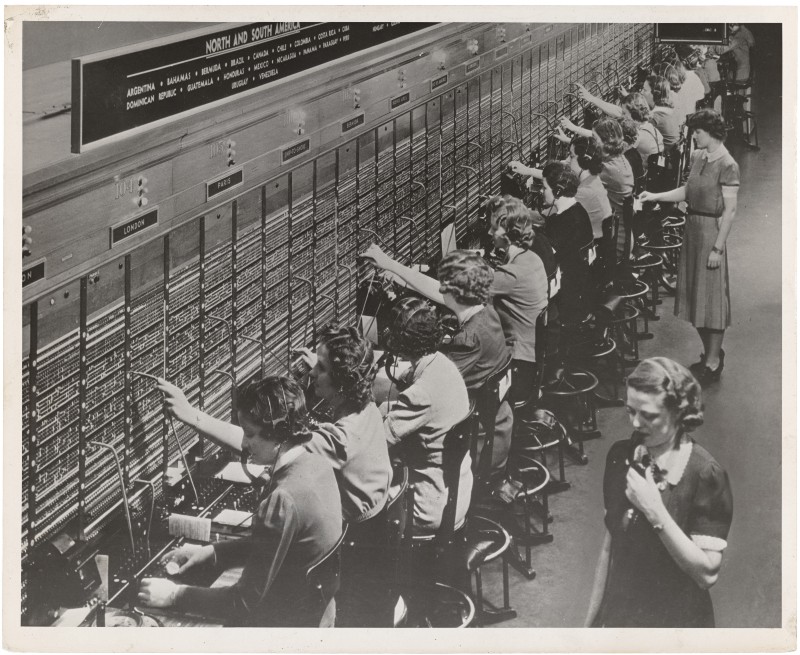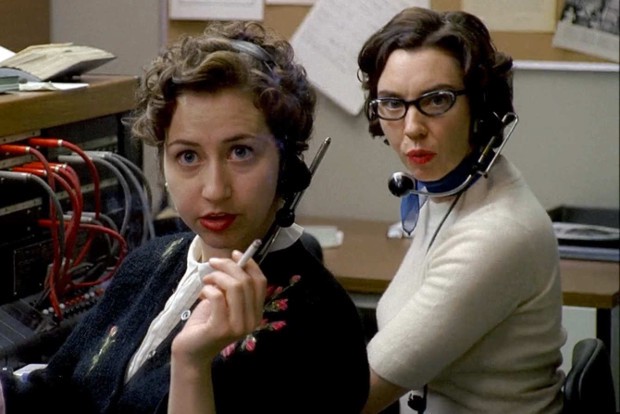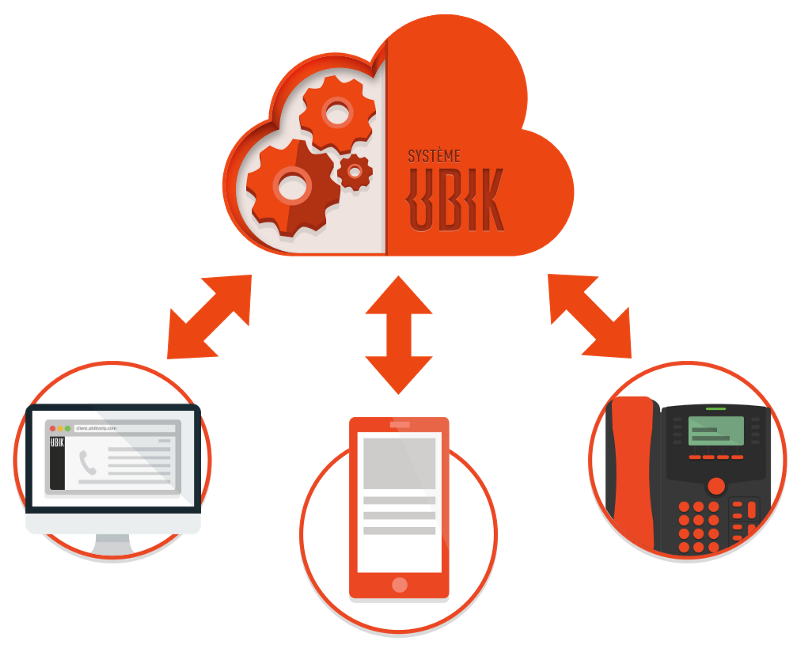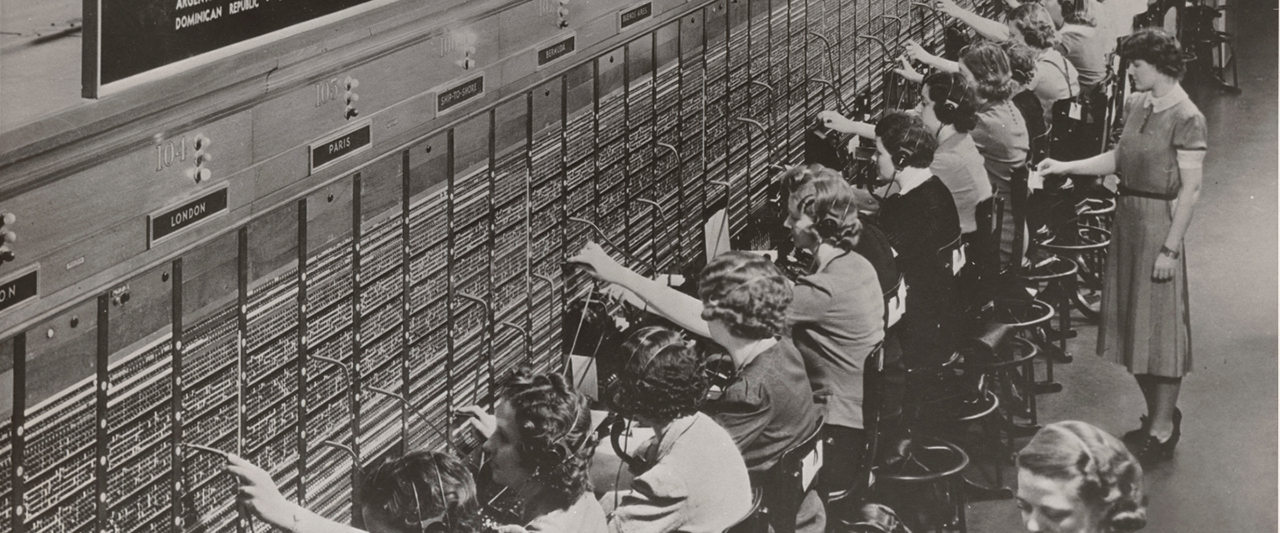PBX, IP, VoIP and other annoying telecom acronyms
UBIK wants to simplify telephony for businesses, including all the mumbo-jumbo that comes with it. Feeling lost in the sea of acronyms known as the “language of telecommunications?” Here comes the one and only UBIK guide, here to help you parse the consonant-infested terms coming out of your office tech’s mouth.
However, slow and steady wins the race: in 2003, with the help of Skype, this percentage jumped to 25%! The Estonian application, which is now owned by Microsoft, showed the whole world the potential of online telecommunications. This potential is still being revealed today!
PBX: VoIP’s most distant ancestor
A long, long time ago, basically just after the dinosaurs went extinct, Alexander Graham Bell invented the telephone. This was an invention that let you talk directly to another person from great distances. For two people to be matched together, calls would go to a telephone exchange equipped with a switchboard, and operators would manually connect them to the right recipients by plugging in cables between two phone lines.

Ye olde telephone exchange (Wikipedia)
Back then, businesses had to go through public exchanges even when their calls were meant for a colleague in the office next door. Costs were climbing rapidly, so companies started creating their own little private exchanges for internal calls. That’s how the manual PBX (Private Branch Exchange) came to be.

PBX operators from Mad Men, gazing longingly at Don Draper (AMC)
As call volumes kept growing in the 60s, operators started being replaced by automated PBXs, which would automatically direct calls to the right people thanks to a magical new invention: extensions. That was when robots started “taking our jobs.”
Over time, the PBX increasingly started resembling a computer and got smaller and smaller, and it became easy to update using technology that’s named like something out of Star Trek: Time-Division Multiplexing. However, the systems were still expensive and didn’t play nice with their peers. The next big PBX revolution (along with a huge leap in interoperability) came with the advent of the Internet.
IP, VoIP and company: technologies that have transformed telecommunications since the 1980s
IP (Internet Protocol) is a protocol for communication between computers over a network. It was adopted in 1983, and it gave nerds the idea of sending calls over the Internet instead of over traditional phone lines. Thus was born VoIP (Voice over IP, naturally enough).
IPBX, a type of PBX that uses Internet protocol to manage and route calls, saw the light of day in 1997, the same year as the film Titanic. This new phone system democratized the acquisition of a PBX: what used to be the exclusive domain of top companies was now accessible at a reasonable rate to less well-off SMEs as well. See how that dovetails nicely with the social segregation depicted in the movie?
The evolution of VoIP and how UBIK uses it
Advances in technology have enabled IP phones, analog phones and computers to all communicate together using not only voice, but also video, text messages and more. Skype, among others, could only exist thanks to VoIP.
As the Internet becomes faster and more stable, IPBX can now be hosted remotely (virtually or in the cloud, like UBIK’s). VoIP phone systems now act like applications and can easily synchronize with your computer or cell phone. VoIP makes possible such features as conferencing, call display, call waiting, voicemail options and virtual receptionists.

Now you know!
And knowing is half the battle. You are officially equipped to make better decisions in the future, such as re-watching Titanic tonight and talking about your favourite parts of the movie with the office tech tomorrow. And opting for a UBIK phone system the day after that.
If you would like more information about IP telephony and the various services offered by UBIK, contact us now. Our professionals will answer all your questions.






